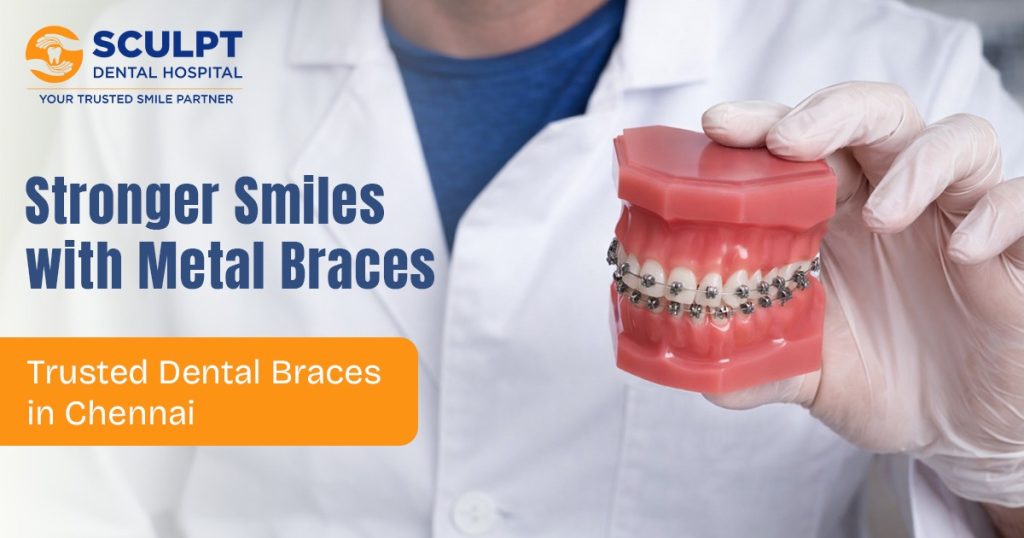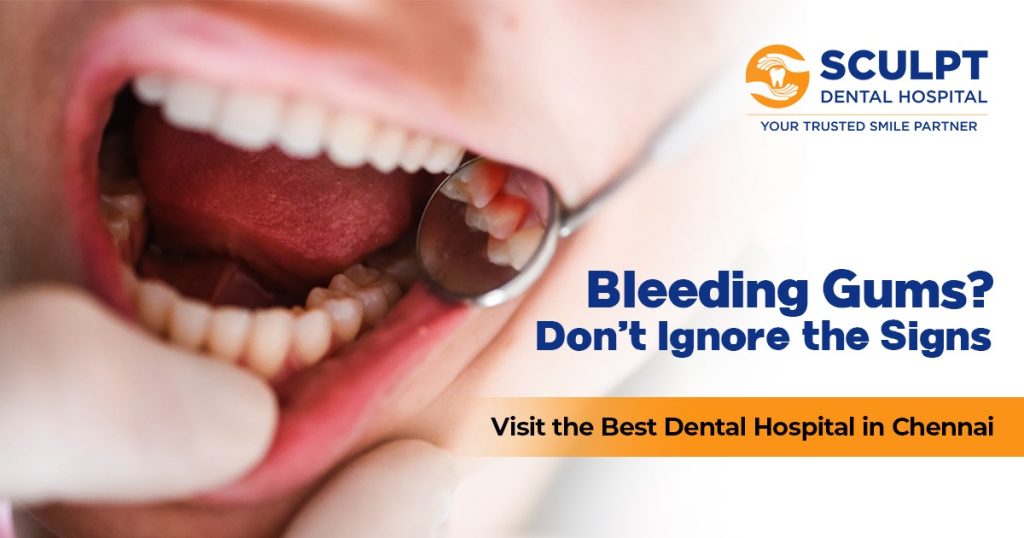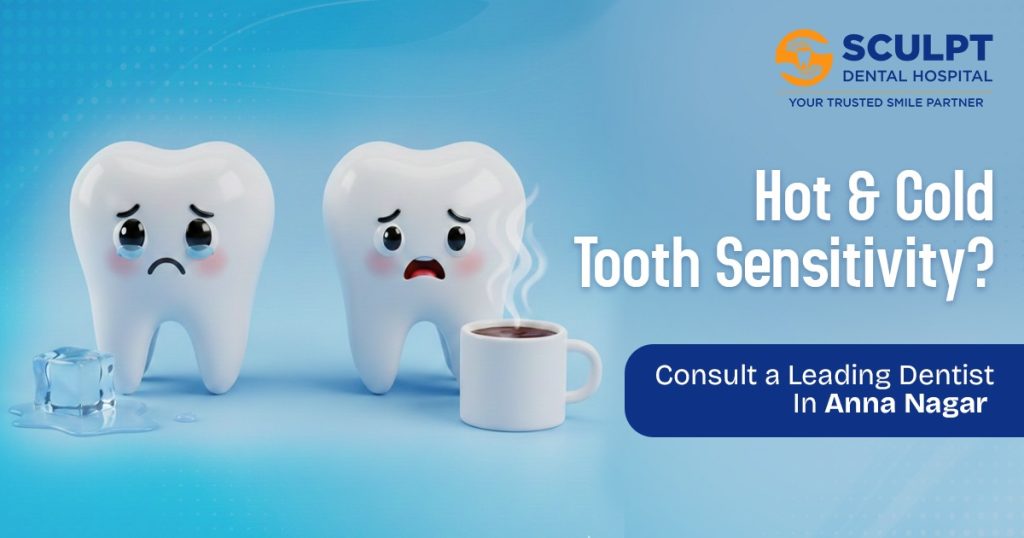Operculectomy
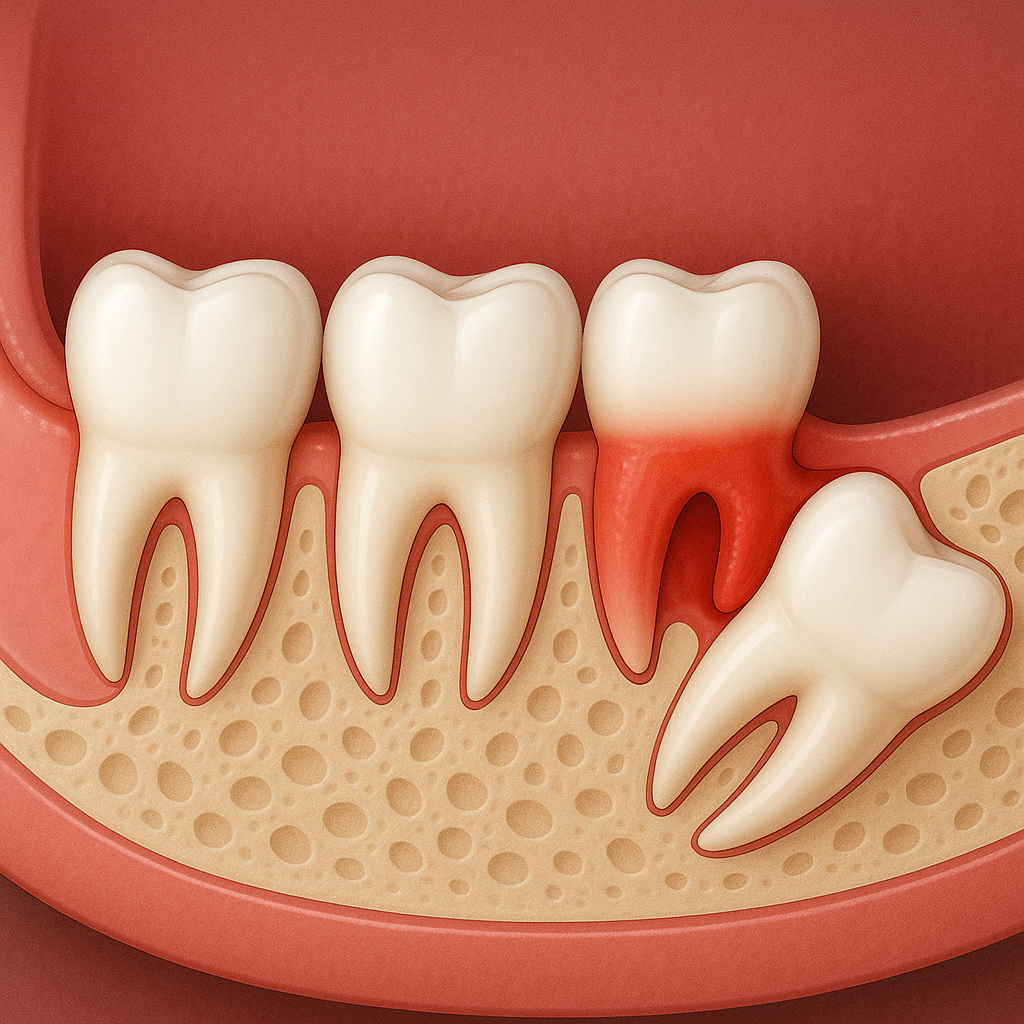
What is Operculectomy?
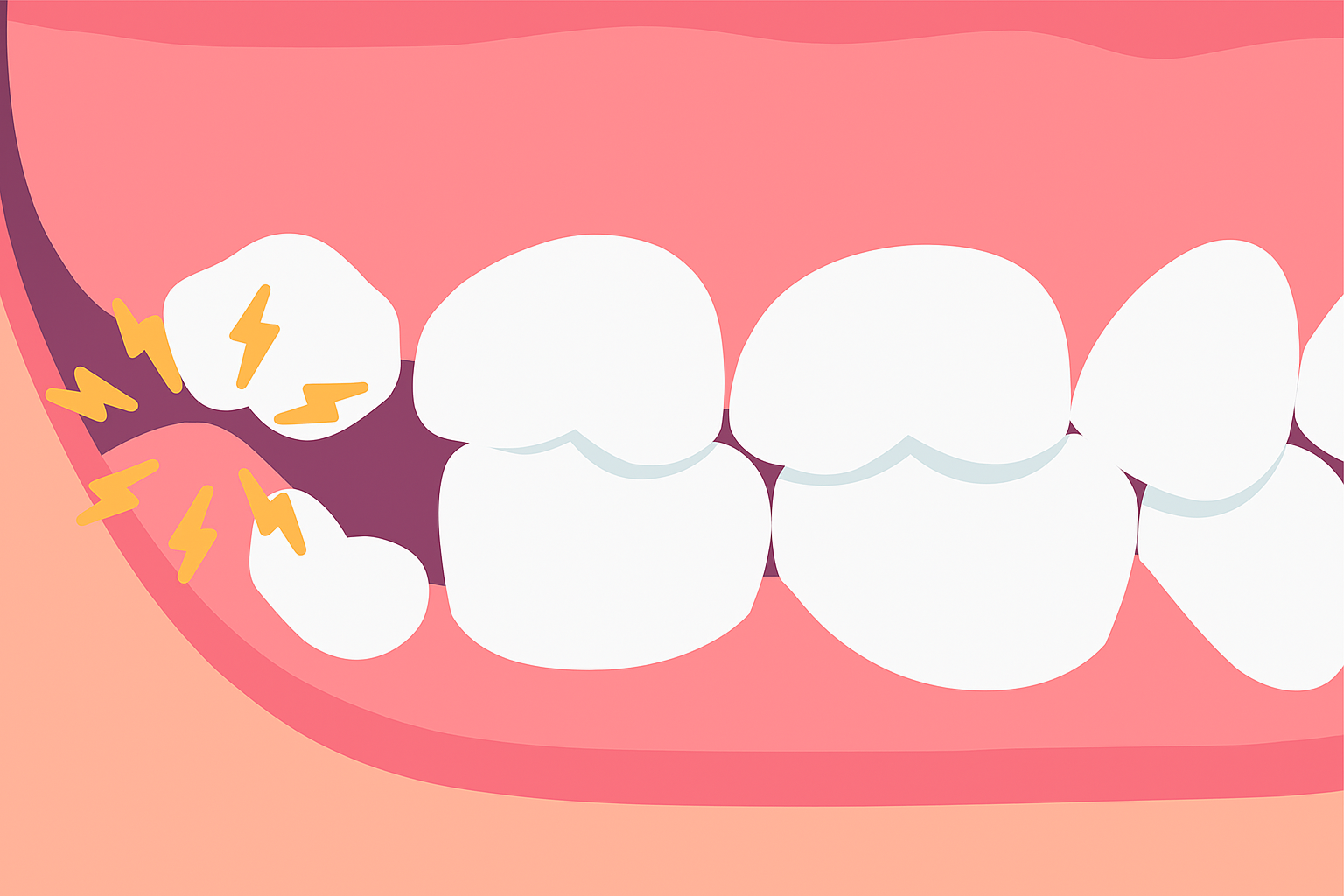
When Do You Need Operculectomy?
- Recurrent gum infections around a partially erupted tooth, especially wisdom teeth.
- Pain or swelling caused by food and bacteria getting trapped under the gum flap.
- Difficulty cleaning the area properly, leading to poor oral hygiene.
- Persistent pericoronitis, where inflammation keeps returning despite medication.
- Discomfort during chewing due to the gum flap getting caught or bitten.
Operculectomy Procedure
Diagnosis & Evaluation
Your dentist or oral surgeon examines the affected tooth (commonly wisdom teeth) and confirms inflammation or infection under the gum flap.
Local Anesthesia
The area is numbed with local anesthesia to ensure a painless procedure.
Removal of Gum Flap
Using a scalpel or laser, the excess gum tissue (operculum) covering the tooth is precisely removed.
Post-Operative Care
The area is cleaned, and post-care instructions are provided, including rinsing, pain relief and oral hygiene tips to aid healing.
Clear Your Doubts Now!!
Have a question about your dental care or need help choosing the right treatment?
Our Expert team at SCULPT Dental Hospital is here to guide you whether it’s for a routine checkup, consultation or a complete smile makeover.
- Appointments available 7 days a week
- Located in Chennai
- Fast response within 24 hours
BOOK AN APPOINTMENT


4.8 ★ ★ ★ ★ ⯪
Based on 136 reviews

Viknavishagini Sriarasaratnam
9 months ago

Aravind Varadarajan
9 months ago

selvi ramanujam
9 months ago

My husband is a patient of Dr. Sanjay who is also equally good. Dr. Sanjay too have a lot of resilience and treats the patients with a smile. I highly recommend this clinic for any dental related or smile correction issues. You will get a satisfied result here. Sculpt clinic is one of the best clinics in Chennai.
Aneka R
9 months ago

I highly recommend them if you're looking for a caring and professional team.
Motha Kaladharan
9 months ago

Soundarya Suvarna
9 months ago

Nirosha Elangovan
9 months ago

Vijith Rama
9 months ago

Ishwarya Janani
9 months ago

Joshua Andrew
9 months ago

Our Recent Blogs
Have a Question ?
No, the procedure is done under local anesthesia, so you won’t feel pain during it.
Most patients heal within 5 to 7 days with proper care and hygiene.
In rare cases, it might partially grow back, especially in younger patients, but recurrence is uncommon.
Usually not. The procedure is minor and the area typically heals without sutures.


